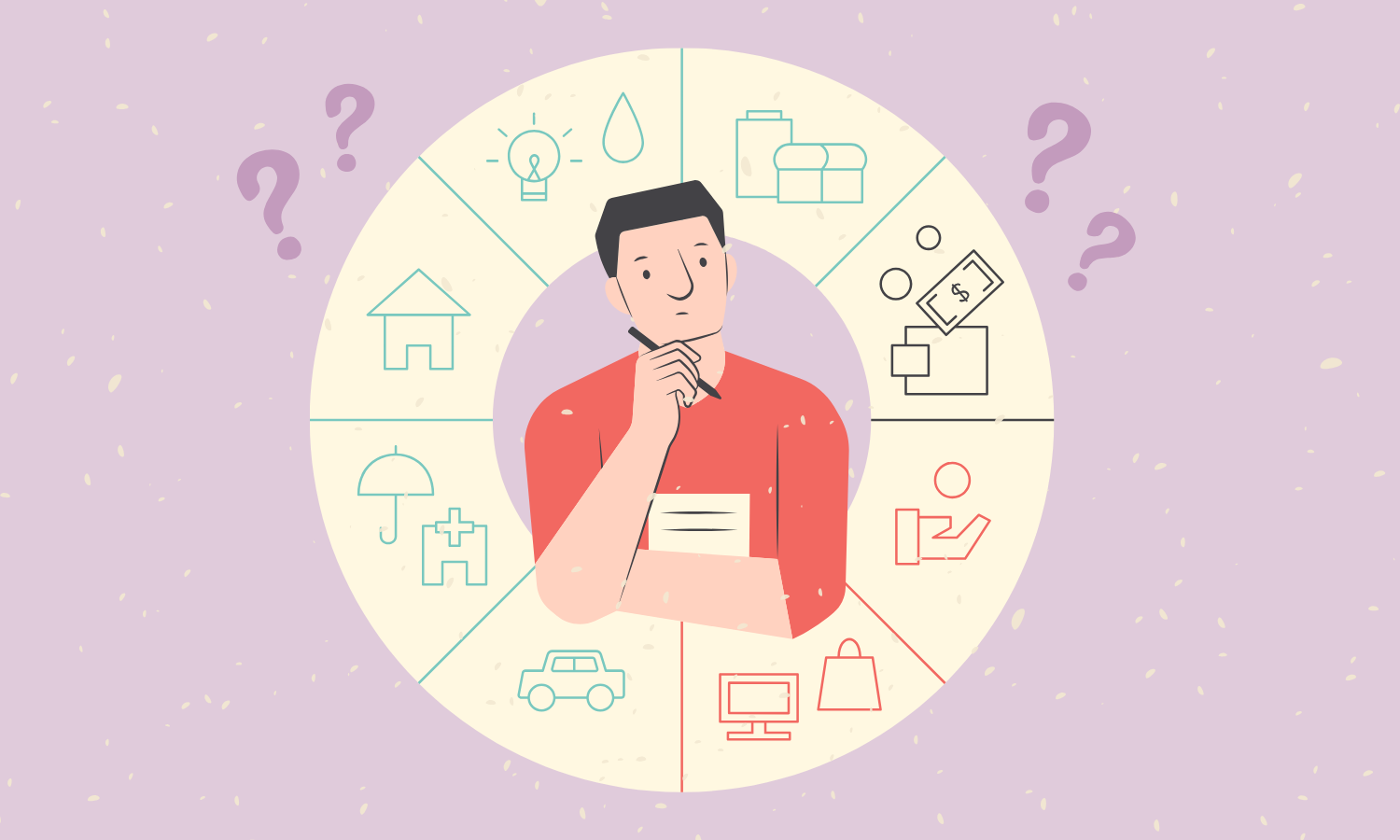I'm single and have no kids: Do I really need life insurance?
When it comes to life insurance, it's often associated with folks who have partners or kids who rely on them financially. But don't dismiss the idea of safeguarding your financial independence just because you're single. There are situations where singles should seriously think about getting life insurance.
Shared mortgage?
If you've taken the plunge into property ownership with a loved one, and you happen to pass away, life insurance can be a lifesaver. It prevents your partner from being stuck in a tough spot, trying to cover the mortgage on their own. When you're figuring out how much cover you need, make sure to factor in the full amount of home loan.
What is the difference between lenders' mortgage insurance and life insurance?
You've probably come across the terms lenders' mortgage insurance (LMI) and life insurance and wondered what makes them different. Let's dive into the details...
LMI is all about protecting the lender, while life insurance is there to look out for you, the policyholder.
First things first, LMI typically kicks in when you're taking out a loan and don't have at least a 20% deposit saved up. But if you're short on that 20% (or haven't snagged a spot in the federal government's First Home Loan Deposit Scheme), you could be shelling out anywhere from $2,500 to $10,000 for LMI. But remember, LMI is designed to give lenders peace of mind, not provide cover for you and your loved ones.
With life insurance, your family can receive a lump sum payout in case something happens to you. This payout can help them pay off the mortgage and cover essential expenses. Plus, when you combine it with other insurance options, you've got a safety net in place for unforeseen circumstances, like accidents or illnesses that could disrupt your mortgage payments or other financial responsibilities. In short, it helps you hold onto your property.
In a nutshell, LMI and life insurance serve different purposes, but having both isn't uncommon. It's all about making sure you're covered.
Learn why personal insurance is important for first-time home buyers here.
Got a small business?
Starting a small business often means taking out a business loan. If the unthinkable happens and you pass away, your debt could end up on your business partner's or family members' shoulders. That's why considering life insurance is a smart move to ease their financial burden.
Business loans can be a pretty big deal, like six or seven figure kind of big deal. And let's face it, if something were to happen to you, that responsibility could fall on your biz partner or even your fam.
According to the Australian Small Business and Family Enterprise Ombudsman, there are over 2.3 million small businesses in Australia, accounting for about 97% of all businesses in the country. Talk about playing a major role in the Aussie economy. But hey, life can be unpredictable, and that can really throw a wrench in the works for these businesses.
Bottom line: don't leave your biz or your loved ones hangin'.
Supporting financial dependents beyond children
Maybe you're the one looking after your parents, grandparents, or another family member financially. Life insurance can provide crucial financial support for your loved ones in case something happens to you.
Working towards savings goals? Think about Income Protection.
If you're diligently building your savings and an illness or injury suddenly puts a halt to your income, income protection insurance can be a lifeline. It ensures you won't have to dip into your hard-earned savings by providing a source of income during unexpected setbacks.
Sole breadwinner?
As the sole earner in your household, you could find yourself in a tough spot if you get seriously ill, injured, or disabled and can't work. Total and permanent disability (TPD) and income protection insurance offer peace of mind, assuring you that you can maintain your lifestyle and cover your bills if you're unable to work.
Remember, finding the right insurance cover for your unique situation involves several considerations. If you'd like to explore your options, reach out to your financial adviser. They can help you select the right type and level of insurance tailored to your needs.







